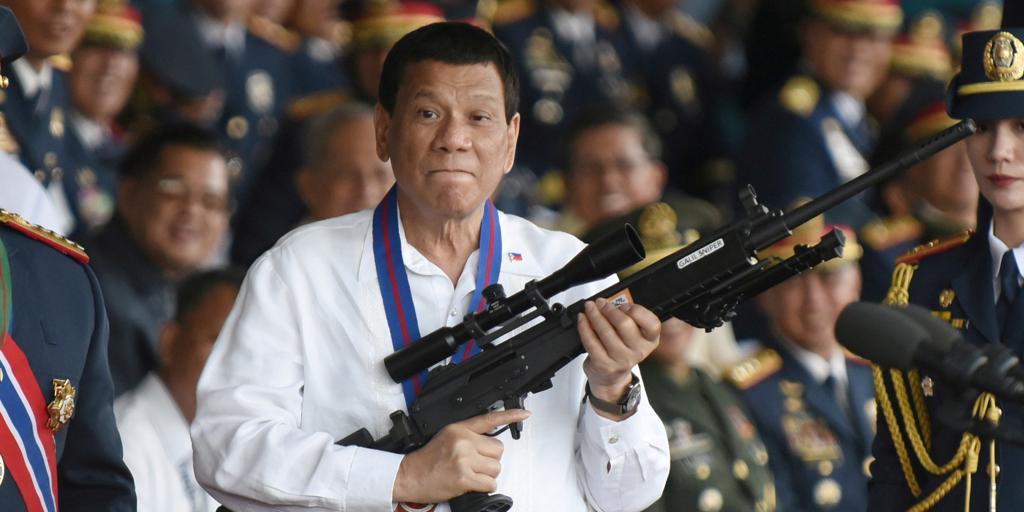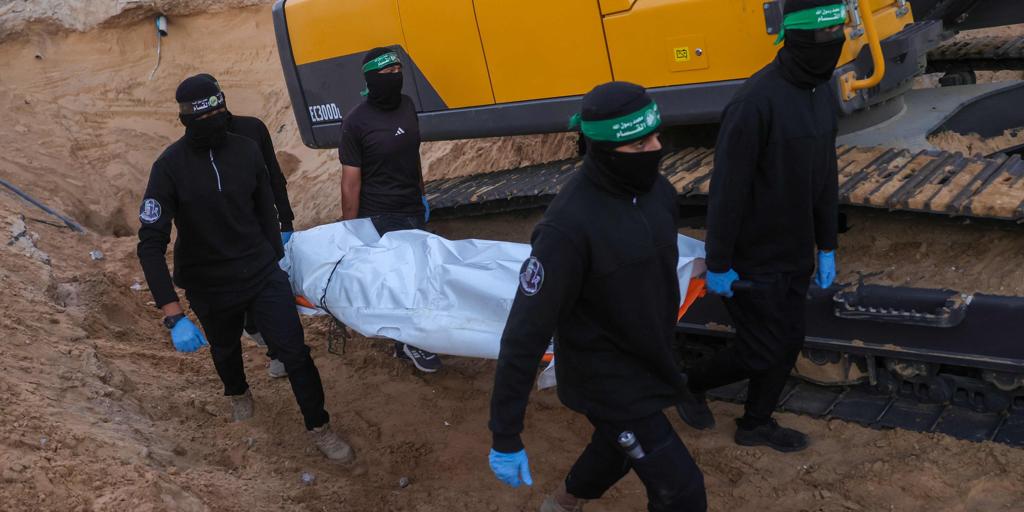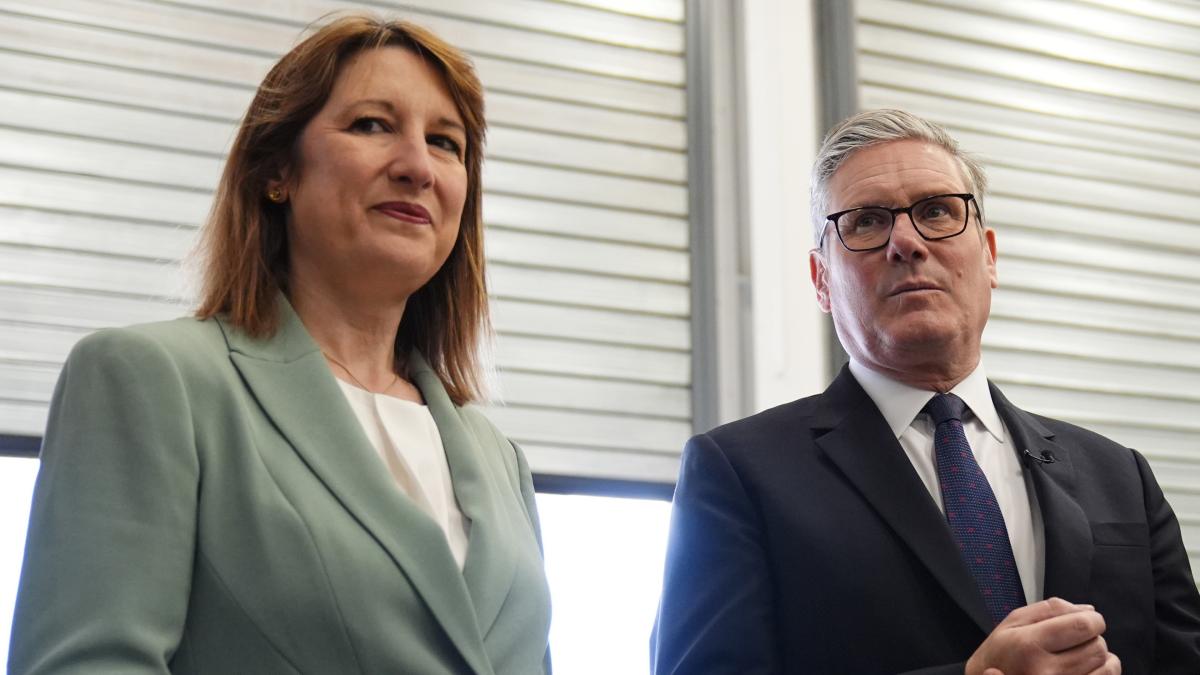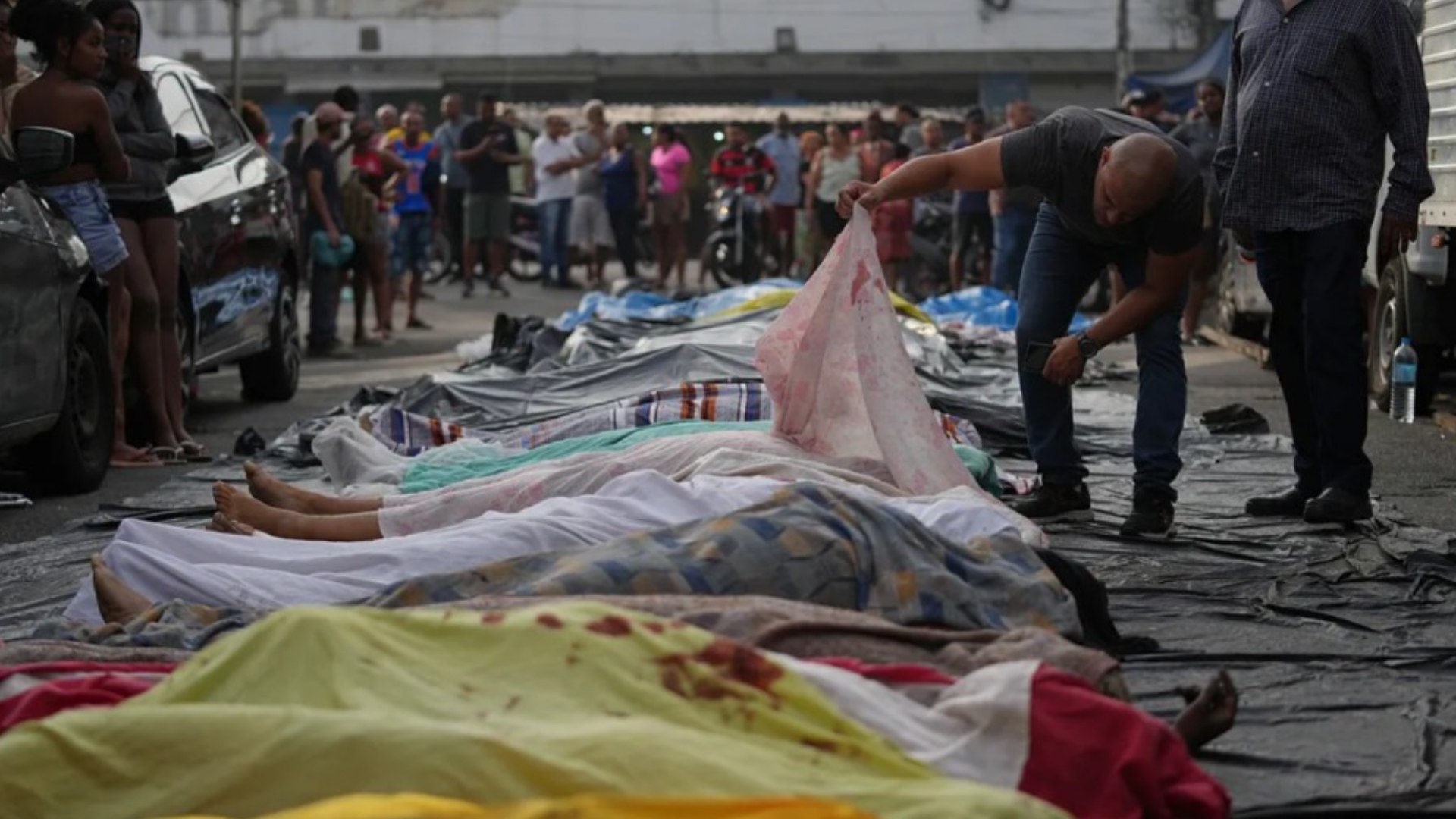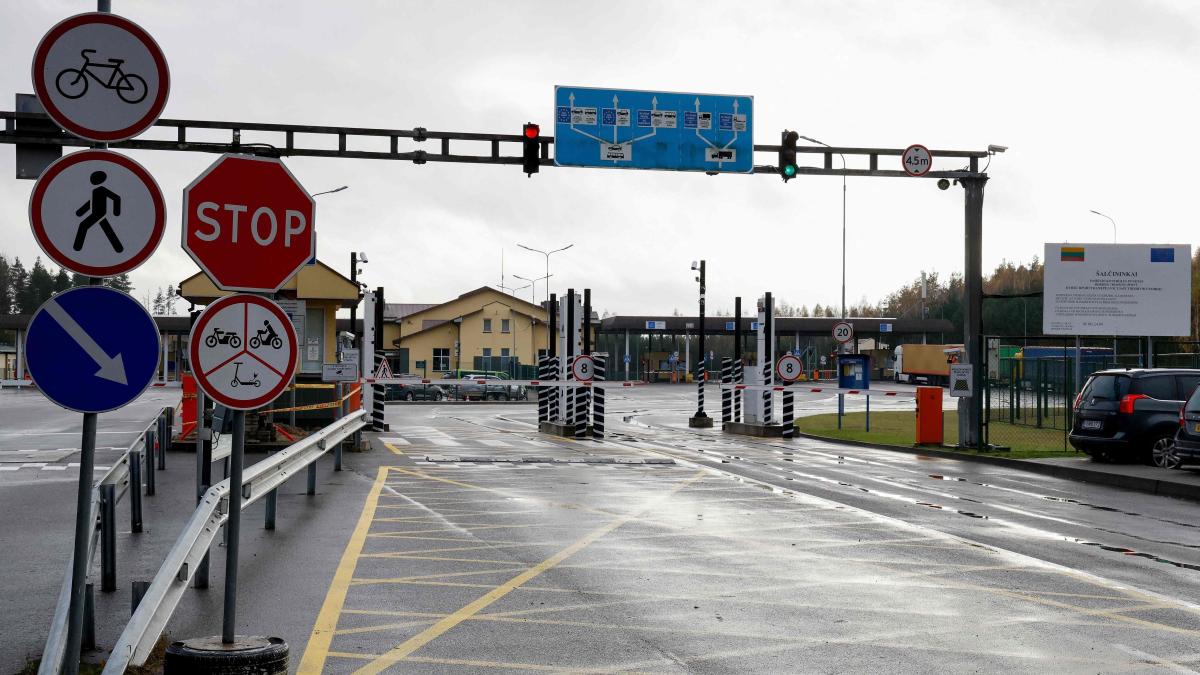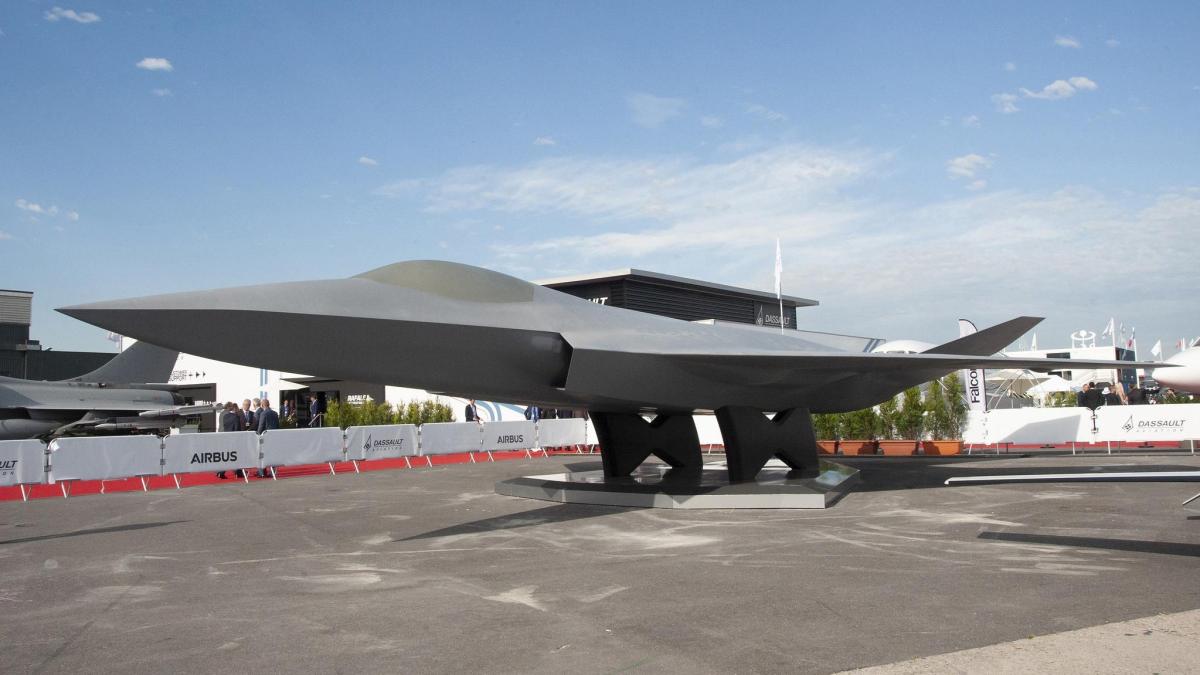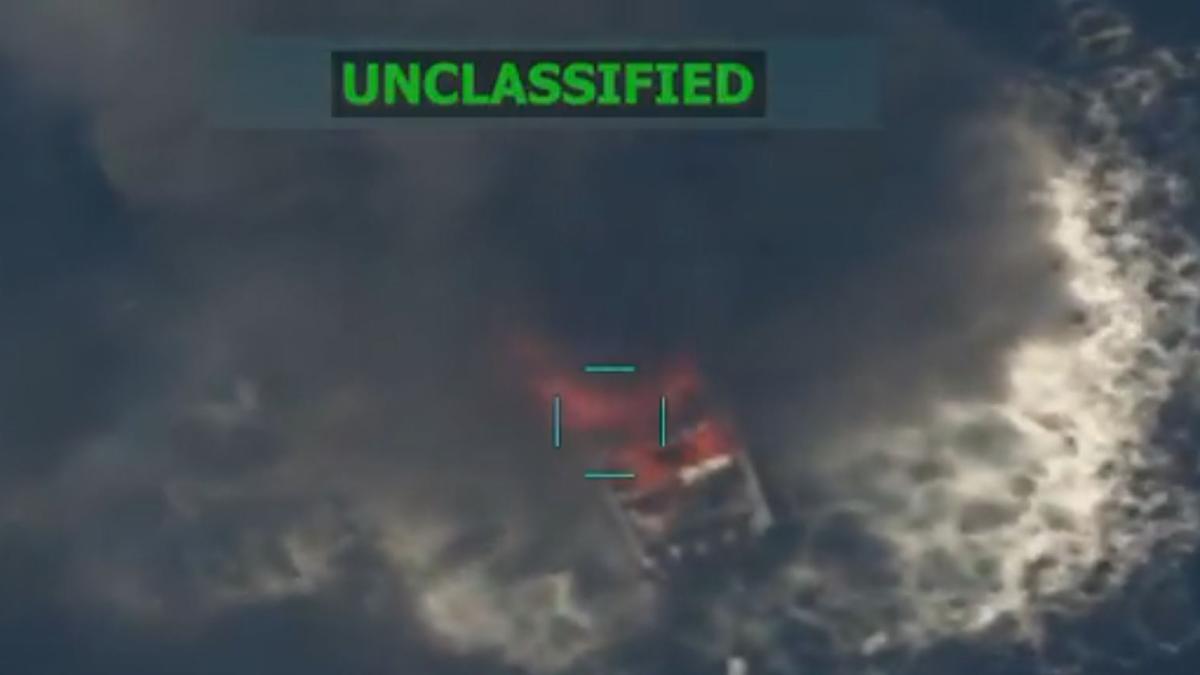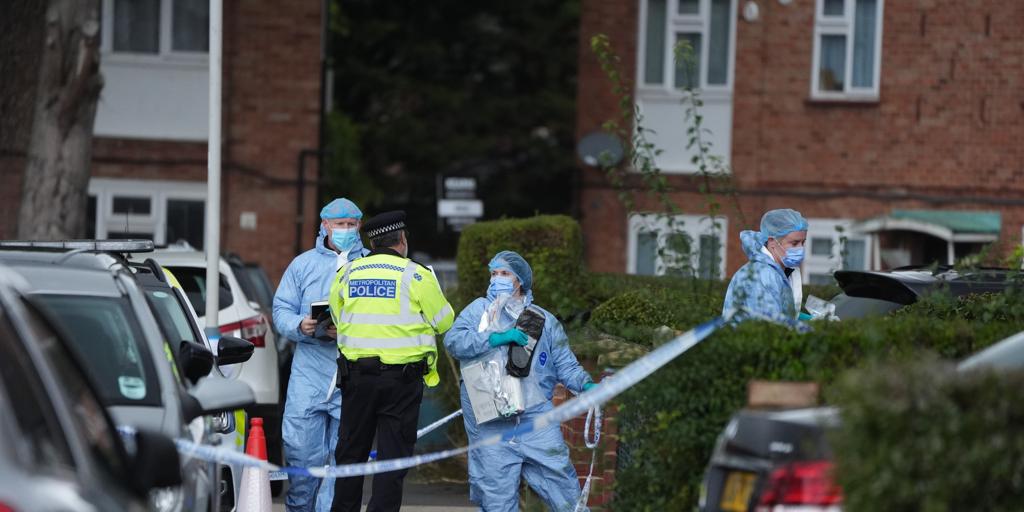“`html
The Shocking Legacy of Rodrigo Duterte’s War on Drugs!
“No joke. When I am president, I will give the military and the police the following order: find those people and kill them, and point!” This chilling declaration from Rodrigo Duterte during his campaign in 2016 is emblematic of his brutal approach to governance. Duterte, who astonishingly won the election with 39% of the votes and over 16.6 million ballots, made it clear from the outset that he would not shy away from violence to achieve his ends.
Hailing from Davao City, Duterte wasn’t a political novice; his 22 years as mayor announced him as a formidable figure. As ‘the Punisher,’ he gained notoriety for his ruthless war on drugs, which bizarrely transformed Davao into one of the safest cities in the Philippines. His premise? A city cleansed of drug users and dealers was worth any price.
Death Squads: The Dark Truth
Fast forward to today, and the consequences of Duterte’s actions are catching up with him. Just last March, on the verge of turning 80, he was arrested at the behest of the International Criminal Court (ICC) in The Hague, facing serious charges of crimes against humanity. The supposed mastermind behind nearly twenty extrajudicial killings in Davao, Duterte infamously stated, “I did what I had to do.” He boasts of his protective stance toward law enforcement, claiming he will assume responsibility for their actions!
According to dubious figures reported by local authorities, around 6,600 lives were lost during his anti-drug campaigns. However, local NGOs place the horrific total at over 30,000 casualties! How can anyone justify this reckless bloodshed in the name of ‘safety’?
The Tragic Tale of Love-Love
The horrors of Duterte’s so-called war on drugs don’t just exist in numbers; they are embodied in the heartbreaking story of a young girl, Love-Love. Witnessing her parents executed in cold blood at the tender age of ten, she is now forced to navigate a world stained by violence. Upon learning of Duterte’s arrest, Love-Love wept, clinging to her siblings in a moment that encapsulates the pain his regime has unleashed.
Patricia Evangelista, a courageous journalist who has chronicled these tragedies in her book ‘Someone Kills Them’, illuminates the devastating personal toll paid by families ripped apart by this ruthless drug war. These stories are harrowing and emotional, detailing the loss of parents, siblings, and children at the hands of vigilant self-styled enforcers.
Evangelista recognizes the challenge of humanizing the victims: “They are citizens, human beings who deserve the same rights!” In a society where drug offenders are painted as sub-human, the fight for their humanity remains a crucial narrative.
Death and the Road to Hope
Evangelista poignantly questions, “What leads a country to elect a president who openly endorses murder?” Her answer rises from the ashes of failed institutions where citizens are left vulnerable, clamoring for a savior. Enter Duterte, promising to eradicate every ‘bad’ element—corruption, drugs, crime—within a mere three to six months!
He exploited the public’s weariness with constant betrayals from previous leaders, boldly declaring, “I have killed for the good of the country.” Thus, in a moment of desperation, Filipinos voted for a leader who embodied their darkest fears—illegal drugs.
As shocking evidence of extrajudicial killings surfaced, the government’s replies fell flat. They blamed criminals, framing the violence as a necessary evil. But the truth is stark: between stubborn leftists and authoritarian tendencies, the pacification narrative began to dissolve.
The turning point came when a horrifying video of a police officer murdering a mother and her child circulated widely. The public’s reaction was explosive, shattering the illusion of Duterte’s benevolence and revealing the grotesque reality of his drug war.
Facing Justice in The Hague
Surprisingly, Duterte found himself under arrest from Interpol, causing many—including Evangelista—to express disbelief. While this arrest brings some measure of satisfaction to grieving families, their losses remain, brutal and permanent. Even now, his influence lingers strong in Davao, where his following appears unshaken, thanks in part to his daughter, who now sits in the vice presidential seat.
Devotion to Duterte seems unbroken; as Evangelista points out, “If he ran again, the probability of him winning remains.” How alarming it is that despite the atrocities committed, many still view Duterte as a hero!
The question remains: will this blood-stained legacy ever be adequately confronted? Or will history’s ruthless lessons continue to be ignored in favor of a misguided loyalty?
Source link
“`

